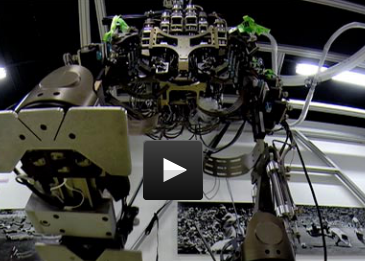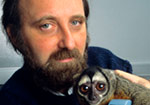This year scientists made significant discoveries about the least understood part of the body: the brain. Three labs, in particular, began to unlock the organ’s extraordinary potential — developments with implications for medical advancement and human behavior. At one, Duke University neuroscientist Miguel Nicolelis was able to sync the brain activity of monkeys so they could collectively accomplish tasks, such as move an avatar arm. The “brainet,” as it’s called, could eventually be used to connect a stroke patient with, say, a physical therapist to aid in recovery. Justin Sanchez’s team at the Defense Advanced Research Projects Agency developed a prosthetic hand that’s connected to the brain and can “feel” physical sensation in its fingers. In the future, this technology could help paralyzed people or amputees regain feeling and manipulate objects. And Anthony Zador and his team at Cold Spring Harbor Laboratory were able to determine, by slicing into a brain and studying its neural makeup, what a mouse had learned prior to its death. If scaled up, the science could be used to create a postmortem map of memories.
Related Links:
2015globalthinkers.foreignpolicy.com
2015globalthinkers.foreignpolicy.com/#!innovators/detail/nicolelis-sanchez-zador







 Listen to the interview
Listen to the interview






